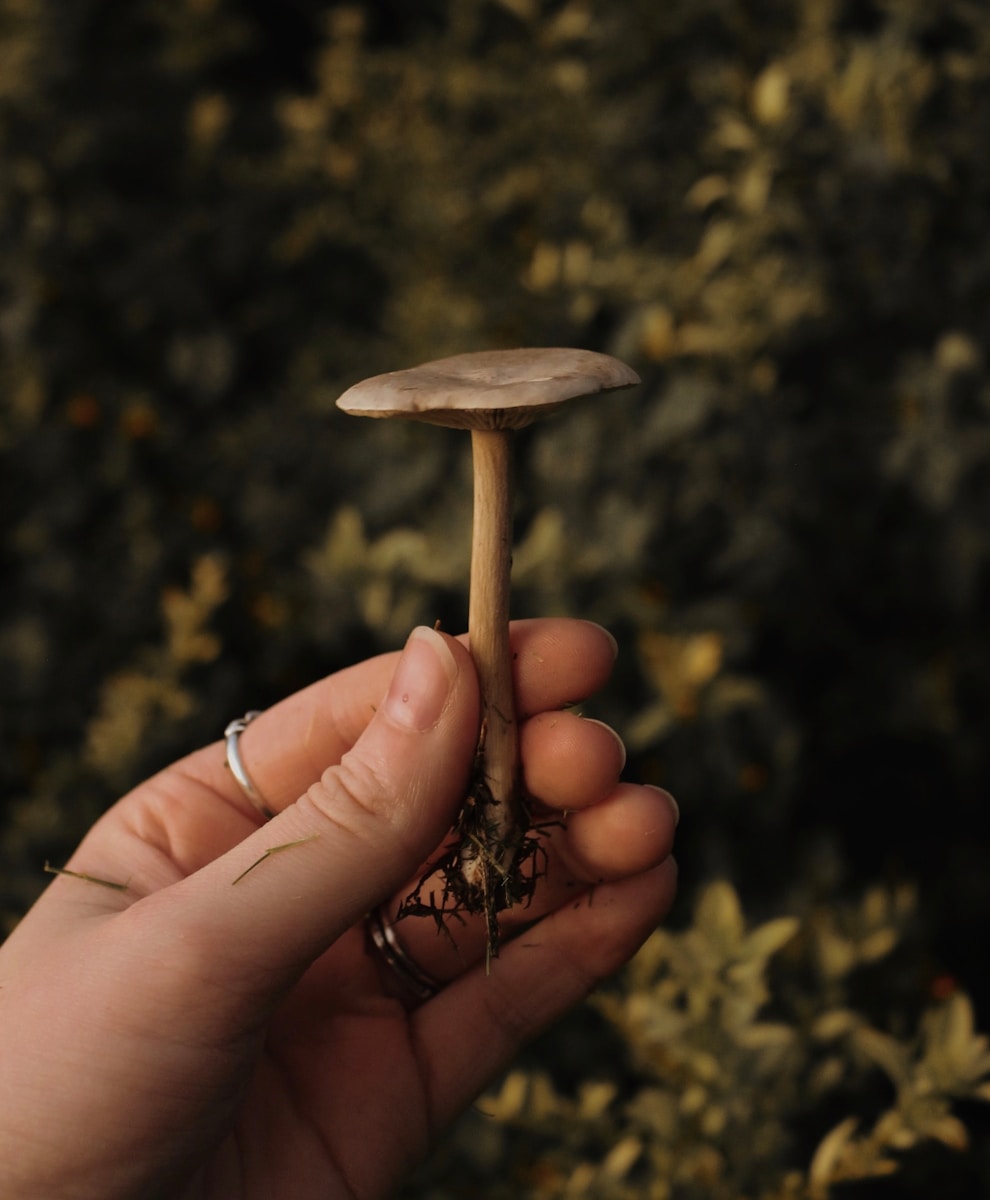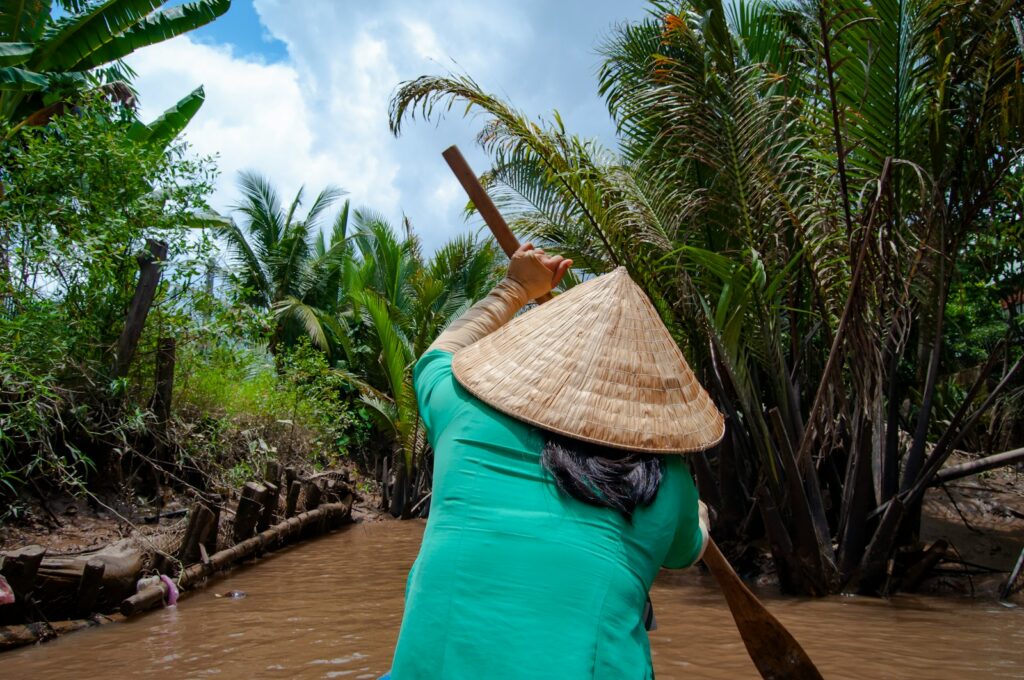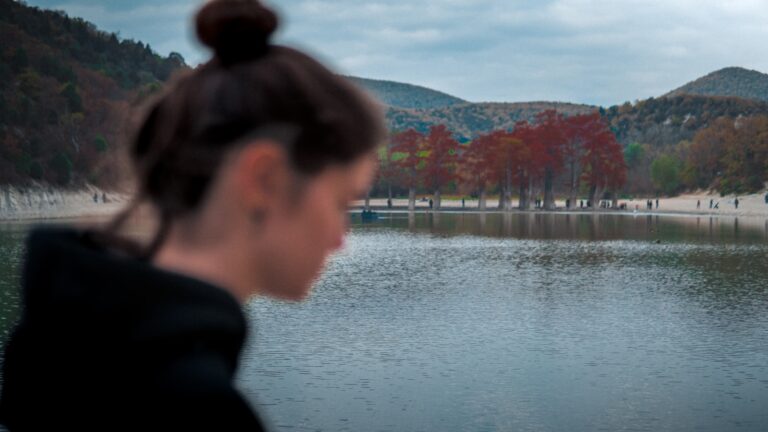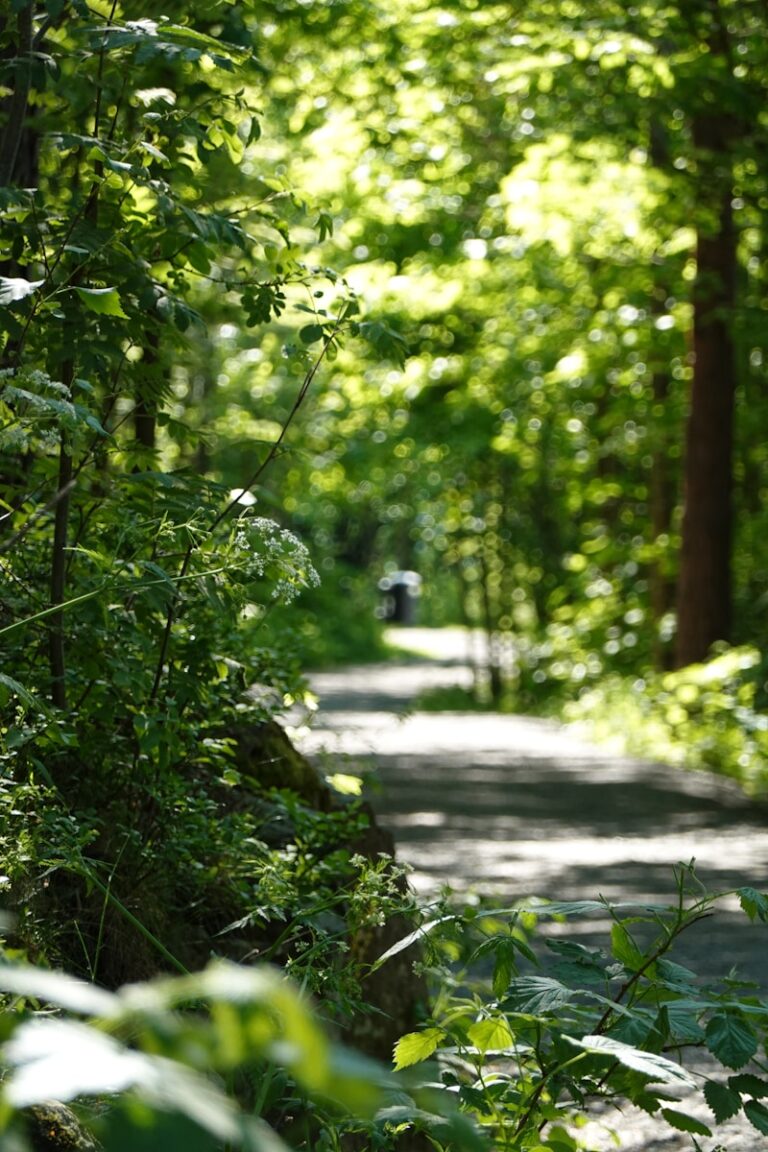Mushroom Magic in Ben Tre
Where Flavor Meets Art and Farming
A farm hidden on the quiet outskirts of Ben Tre, beyond the swaying coconut palms and lush fruit gardens, feels like a world apart.
In an unassuming corner of the Mekong Delta, mushrooms are more than just food. They are transformed into art, tradition, and even a vision for the future. This is Xuan Mai Mushroom Farm, the creation of one young woman whose daring leap from corporate life into agriculture has turned humble fungi into a source of inspiration and wonder.
The young woman behind this remarkable place is Ms. Mai Thi Anh Xuan, a former planner at a clothing company who once spent her days managing schedules and production charts. Nothing about her past suggested she would one day become a pioneer in mushroom farming.
Yet in 2017, curiosity and passion began to tug her in a different direction. Fascinated by the silky texture and earthy flavor of mushrooms, she started experimenting in her kitchen, testing recipes, learning how mushrooms behave under different cooking methods, and realizing how versatile they could be in Vietnamese cuisine. That curiosity soon deepened into something larger: a vision of building a new life around fungi.
In 2020, she boldly decided to abandon her stable job and fully embrace mushroom farming. Starting with oyster mushrooms—common, affordable, and widely available—she faced a daunting landscape. Prices were low, competition was fierce, and farming itself was an unpredictable challenge. But instead of giving in, she doubled down. Every profit went back to her farm. Slowly, through reinvestment and relentless work, she expanded her facilities, refined her methods, and carved out a niche in a market that once seemed impossible to break into.
Today, her farm is a living, breathing gallery of fungal diversity. Stroll through its shaded corners and you’ll encounter more than twenty varieties, each one with its shape, color, and character. There are pink oysters, their delicate blush almost resembling blossoms; golden mushrooms with their bright, sunny caps; shiitake, prized for their deep umami richness; and Thai clam mushrooms, whose unusual appearance makes them as beautiful as they are delicious. The farm feels less like a production site and more like a botanical garden for fungi.
But growing mushrooms was never the end of the story for Ms. Xuan. She knew from the beginning that the power of mushrooms went beyond their taste. In a region where coconuts and fruits dominate agriculture, she wanted to reimagine what farming could be. She reached out to fellow farmers, forming a small but passionate community united by their fascination with fungi. Together, they exchanged techniques, shared lessons from failures, and celebrated successes. Farming, often seen as solitary and traditional, here became collaborative and creative.
Perhaps the most unexpected twist in her journey is the art that emerged from her crops. While many see mushrooms only as ingredients, Ms. Xuan sees them as raw material for creation. With an artist’s eye, she arranges them into intricate models, almost like living sculptures. Her specialty is crafting boxed displays where mushrooms form elaborate, colorful designs that are as striking as any floral arrangement. These are not just decorative pieces—they invite people to look at food differently, to recognize beauty where it might otherwise go unnoticed.
This artistry reaches its peak during Tet, the Vietnamese New Year, when her farm becomes a workshop of cultural homage. She cultivates Lingzhi mushrooms, long revered in East Asia as symbols of prosperity, longevity, and health. Carefully, she shapes them into miniature bonsai trees, their curved, lacquer-like surfaces glowing with a rich mahogany sheen. These Lingzhi bonsai are more than decorations. They are bridges between ancient tradition and modern creativity, embodying wishes for health and fortune while showcasing the artistry possible within agriculture.
Behind the beauty and creativity, however, lies a foundation of science and discipline. Mushroom farming is not simply planting and waiting—it demands an exacting attention to detail. Ms. Xuan explains that it all begins with spores, the invisible seeds of the fungi. The quality of these spores dictates the success of the entire harvest. Once chosen, everything depends on environmental control. Each variety has unique needs. Thai clam and golden mushrooms, for example, require temperatures between 26–30°C and humidity levels of 75–90%. On hot, dry days, she sprays water on the ground or the roof to maintain the delicate balance of air moisture. Timing also matters: oyster mushrooms thrive in the summer, while shiitakes prefer the cooler climate leading up to Tet.
Meticulous hygiene is another non-negotiable. Contamination can ruin entire batches. To protect her crops, she insists on strict cleanliness in both facilities and handling. Harvesting, too, is a delicate art—cutting at just the right stage to ensure peak flavor while preserving the health of the fungal culture for future growth. All of this is formalized under VietGAP, the national certification for Good Agricultural Practices. It means her mushrooms are not only delicious and beautiful but also safe, traceable, and cultivated to the highest standards of sustainability.
Visitors who make their way to her farm often expect a tourist attraction, and while she welcomes guests, she is quick to clarify: Xuan Mai Farm is first and foremost about cultivation and production. Although it is not yet an official tourist site, the establishment welcomes those who are genuinely curious about the process or wish to purchase fresh mushrooms directly from the source. For now, the quiet charm of the place lies in its authenticity—it is not a stage set for visitors but a working farm where passion breathes life into every corner.
And yet, standing among rows of vibrant fungi, it is difficult not to imagine what the future could hold. Farms like this could easily become destinations where agriculture, education, and tourism intersect. Imagine travelers from Saigon or abroad making a detour to Ben Tre not only for coconuts but also to marvel at the art of mushroom farming. Imagine schoolchildren learning firsthand about sustainability, biology, and creativity all in one place.
For Ms. Xuan, though, the journey is not about chasing scale or fame. It is about pursuing a calling that began with a single taste of a mushroom and has grown into a full-fledged life’s work. Her farm serves as evidence that agriculture does not have to adhere to tradition;it can be innovative, aesthetic, and deeply personal. It is a reminder that passion, when followed with determination, can transform even the simplest of things into something extraordinary.
Mushrooms are, after all, more than food. They are ancient organisms that connect ecosystems underground, that have fed and healed humans for centuries, and that now, thanks to visionaries like Ms. Xuan, can also inspire art and culture. In the heart of the Mekong Delta, in a quiet farm shaded by coconut palms, that magic comes to life every day.
Xuan Mai Mushroom Farm may not yet appear on glossy travel brochures, but for those who discover it, the experience is unforgettable. It is a place where science and tradition, food and art, and discipline and imagination all collide in harmony. In the end, it proves a simple yet powerful truth: with passion and vision, even a mushroom can hold the power to change lives.
Ngoc Tran




